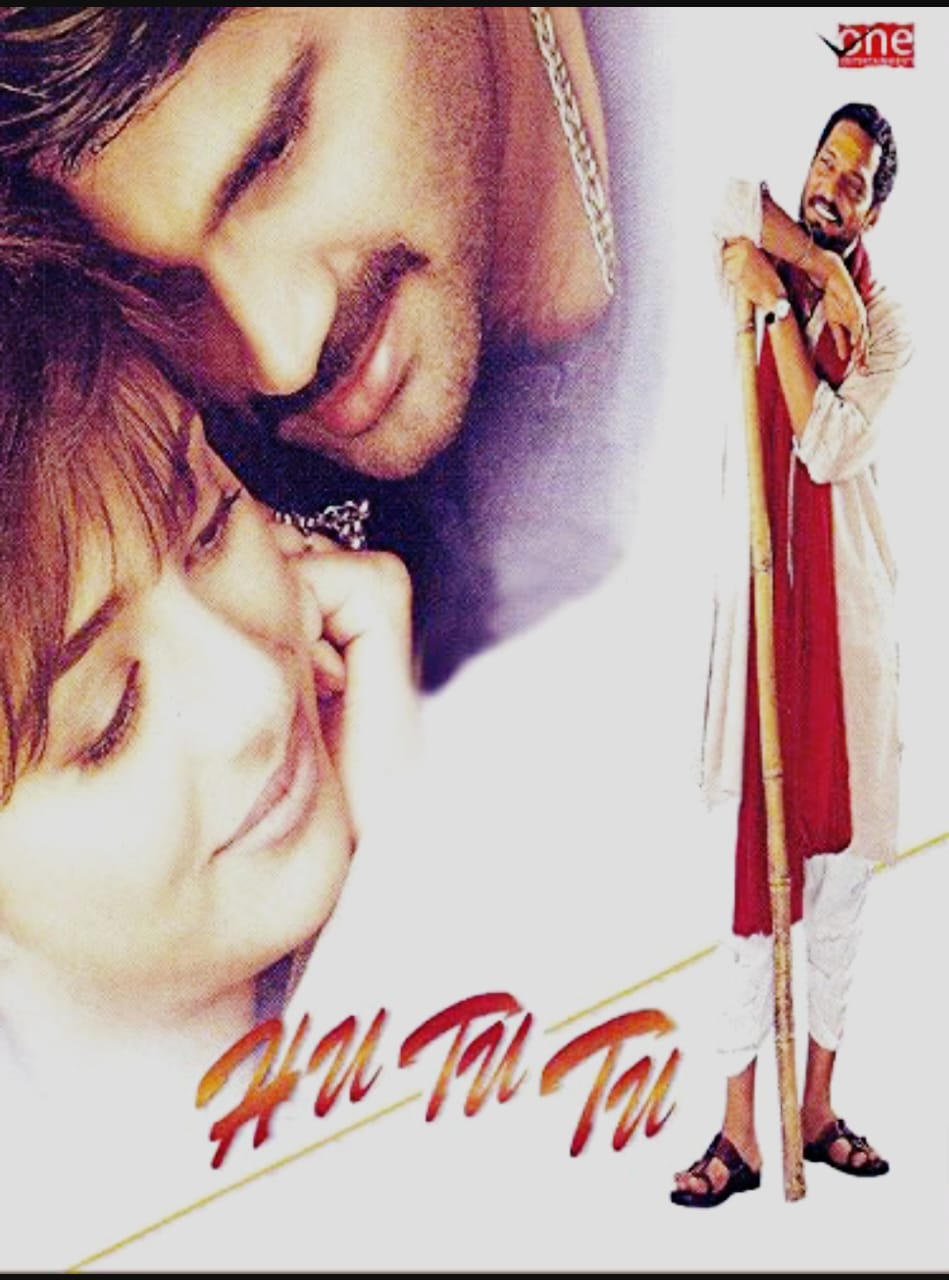India & World UpdatesHappeningsBreaking NewsFeature Story
The timeless relevance of Gulzar’s Hu Tu Tu, writes Shanku Sharma

//Shanku Sharma//
In the annals of Indian cinema, few filmmakers have wielded as much poetic and political power as Gulzar. Known for his poignant storytelling, evocative lyrics, and incisive direction, Gulzar’s work often delves deep into the human psyche and the socio-political fabric of India. One such film that stands as a testament to his genius is Hu Tu Tu, released in 1999. Over two decades later, its themes of political corruption, personal sacrifice, and the relentless quest for truth remain remarkably relevant.
Hu Tu Tu is not merely a film; it is a canvas painted with the hues of India’s socio-political landscape. Gulzar, with his signature lyrical style, weaves a narrative that is both personal and political. The film’s title, derived from a children’s game, serves as a metaphor for the chaotic and often cyclical nature of politics and life.
The story revolves around Panna Barve (Tabu), the daughter of a powerful politician, and Aditya Patel (Sunil Shetty), the son of a school teacher turned revolutionary. Their lives intersect against the backdrop of a corrupt political system, leading them to question their own beliefs and allegiances. Through their journey, Gulzar explores themes of disillusionment, idealism, and the struggle for integrity.
The characters in Hu Tu Tu are crafted with depth and nuance. Tabu’s portrayal of Panna is a masterclass in acting, capturing the turmoil of a woman torn between her love for her mother and her disdain for the corruption she represents. Nana Patekar, as the cunning and charismatic politician Malti Barve, delivers a performance that is both chilling and compelling. Sunil Shetty’s Aditya embodies the idealism of youth and the disillusionment that follows when confronted with harsh realities.
What sets Hu Tu Tu apart is its refusal to resort to black-and-white characterizations. The characters are neither entirely good nor entirely evil; they are complex beings shaped by their circumstances and choices. This complexity adds a layer of authenticity to the narrative, making it resonate deeply with audiences.
Gulzar’s Hu Tu Tu is a scathing critique of the political system, but it is also a reflection of society at large. The film delves into the symbiotic relationship between politicians and the electorate, highlighting how corruption is often a two-way street. It questions the ethical compromises people make in the pursuit of power and success, and the impact of these compromises on personal relationships.
The film’s dialogues, penned by Gulzar, are both poetic and hard-hitting. Lines like “Siyasat mein imaandari, ek bekaar ki cheez hai” (Honesty in politics is a worthless thing) resonate with the cynicism that many feel towards the political system. Yet, amid this cynicism, there is also a glimmer of hope, embodied in the younger generation’s quest for change.
Visually, Hu Tu Tu is a treat. Santosh Sivan’s cinematography captures the essence of Mumbai, with its bustling streets and serene seascapes. The use of light and shadow adds to the film’s mood, creating an atmosphere that is both melancholic and hopeful. Vishal Bhardwaj’s music complements the narrative beautifully, with songs that linger long after the credits roll.
25 years after its release, Hu Tu Tu remains a relevant and powerful film. Its themes of political corruption, personal integrity, and the quest for truth continue to resonate in today’s world. Gulzar’s masterful storytelling and the stellar performances by the cast ensure that the film is not just a product of its time but a timeless piece of cinema.
In revisiting Hu Tu Tu, one is reminded of the power of cinema to reflect society, question norms, and inspire change. Gulzar’s poetic vision and keen insight into the human condition make Hu Tu Tu a film that will continue to be discussed and appreciated for generations to come.




